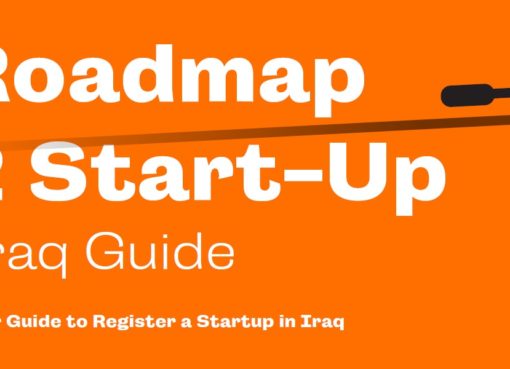Radical reform is only way to avert ‘disaster’ for oil-reliant country, says finance minister
Ali Allawi, Iraq’s finance minister: ‘All you can do is to point out the disaster before us if we continue along this path
Iraq’s finance minister has warned of “severe security consequences” if its economy is not “restructured radically”, as the coronavirus crisis wreaks havoc on business and an oil price crash hits state revenues.
“Issues which were buried because of large and growing oil revenues are now crystallising,” said Ali Allawi, the country’s new Harvard and MIT-educated finance minister, referring to bloated spending and a monthly wage bill of $5bn for its vast public payroll. This includes payments for what he estimated are 300,000 “ghost” or fictional employees.
While austerity is a “hard message” to sell to politicians, Mr Allawi detects a growing political awareness that “if you over-milk [a cow] it might die”. He added: “All you can do is to point out the disaster before us if we continue along this path.”
“[My] firm opinion is that the economy, if it’s not restructured radically in a very consistent and well-implemented medium-term programme, can lead to really severe security consequences,” Mr Allawi said.
Crude prices have more than halved compared with last year, dealing a devastating blow to the finances of Opec’s second-biggest producer. The country’s oil export revenues fell from $6.1bn in January to lows of $1.4bn in April, according to the Oxford Institute for Energy Studies.
While global oil price crashes hurt Iraq’s economy before, Mr Allawi says Baghdad can no longer count on prices to bounce back, arguing this may spur reforms: “There’s now a growing recognition that we’re moving into an environment of relatively low oil prices . . . It is really imposed on us that we find an alternative to restructure our public finances, to account for this new normal.”
The 73-year-old minister is part of a transitional cabinet appointed to steer Iraq towards fresh elections after mass anti-establishment protests toppled the previous administration. After three decades of war and turbulence, Mr Allawi is not alone in fearing economic freefall could destabilise Iraq again.
“Unemployment is going through the roof,” said a western diplomat in Baghdad, adding this could have an “impact on radicalisation” as extremist groups prey on jobless Iraqis.
Underscoring Iraq’s economic fragility, the country’s poverty rate is set to rise to 31.7 per cent this year, from 20 per cent in 2018, as the coronavirus emergency pushes 4.5m more Iraqis below the poverty line, according to a new joint assessment by the government, UN, World Bank and Oxford university.
Plunging oil prices leave the government little room to manoeuvre. According to the World Bank, if oil prices remain under $30, Iraq will go from having a fiscal surplus to a deficit equivalent to more than a quarter of its gross domestic product.
The government can tap $68bn of foreign reserves to cover bills in dollars, such as imports and debt servicing, and is expected to borrow $18bn domestically and abroad to cover government wages for the next few months, analysts said.
It is also turning to multilateral lenders. Iraq has been “in regular and quite intensive discussions with the IMF for some time now”, said Mr Allawi, adding that Baghdad “may apply for some budgetary support”.
The bloated wage bill is partly a legacy of Iraq’s violent recent history — Mr Allawi said that 40 to 45 per cent of public sector employees are in Iraq’s sprawling security forces.
But Iraq’s post-2003 political parties have also traded government jobs for votes and loyalty, and resisted efforts to cut back oil-fuelled public spending. Many Iraqis have come to see a steady government job as a right, while Iraq’s local economy depends on state salaries — they make up about a quarter of Iraq’s GDP, according to the Oxford Institute for Energy Studies.
The previous administration, led by prime minister Adel Abdul Mahdi, even promised hundreds of thousands more government jobs, to placate protesters demonstrating against corruption and economic inequality.
Attempts to reform government by 2016 prime minister Haider Al-Abadi met with protests from supporters of powerful militant Shia cleric and politician Moqtada al-Sadr. The new government has already had to reverse planned taxes on pensions and some state employees after a backlash against the measures.
Mr Allawi “is one of the best economic minds in Iraq”, said Yesar al-Maleki, managing director of Iraq Energy Institute. But the former banker-turned-academic, who occupied the same cabinet seat in 2005 and 2006, is up against “problems that have been there for the last 17 years”, he added.
Although Mr Allawi has begun cleaning up public payroll, “we cannot expect [him] to do everything in one year”, said Mr Maleki.
Source: Financial Times, July 20,2020
https://www.ft.com/content/0832f9c0-00ff-45a7-bd87-0f45a48a37f5








Comment here